How did the Salvadoran coffee industry develop in Central America?
El Salvador used to be the fourth largest coffee producer in the world. Coffee came to El Salvador in 1880 and soon became the main source of wealth for the country's upper echelons. Until coffee arrived in El Salvador, indigo (plant dye) had been a major export crop in El Salvador and Guatemala. However, in the 1880s, with the emergence of new and cheaper man-made dyes, the country's indigo export business gradually disappeared, and coffee replaced indigo as the country's largest export crop, benefiting small-scale landowners with large tracts of land.
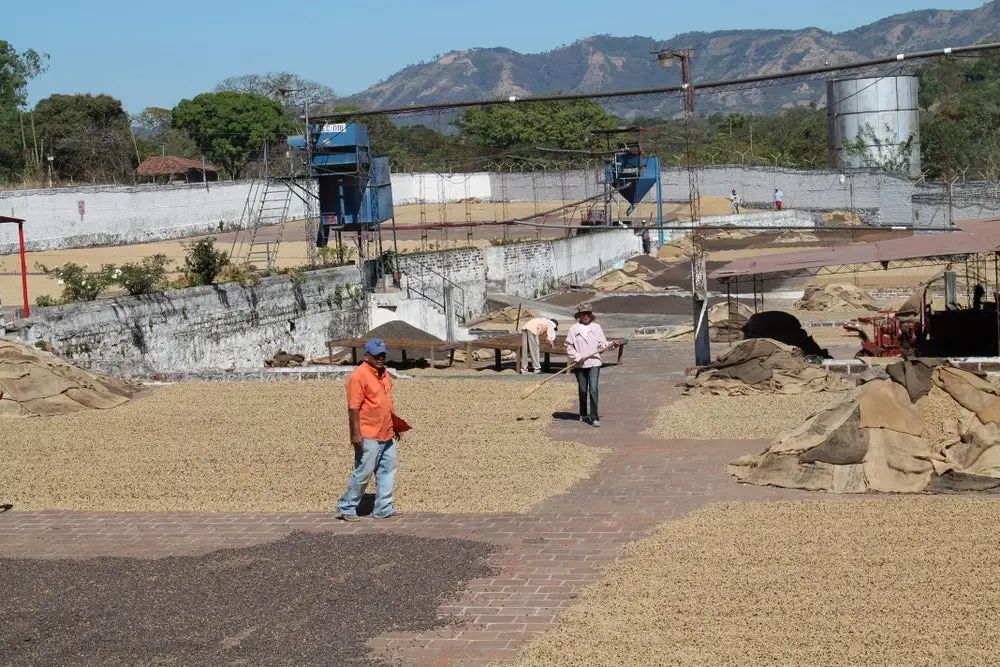
These landowners have almost close political ties, including El Salvador's President Tom á s Regalado, who once owned more than 6000 hectares of land. Politicians are used to using their positions (and the army) to force farmers to cede land to cronies and even to do low-paid or unpaid work on large estates. These upper-class people have invested a lot of money in infrastructure, allowing El Salvador's coffee industry to flourish. However, it was not until many years later, when land was redistributed to landless farmers, that most people had the opportunity to benefit from these investments.
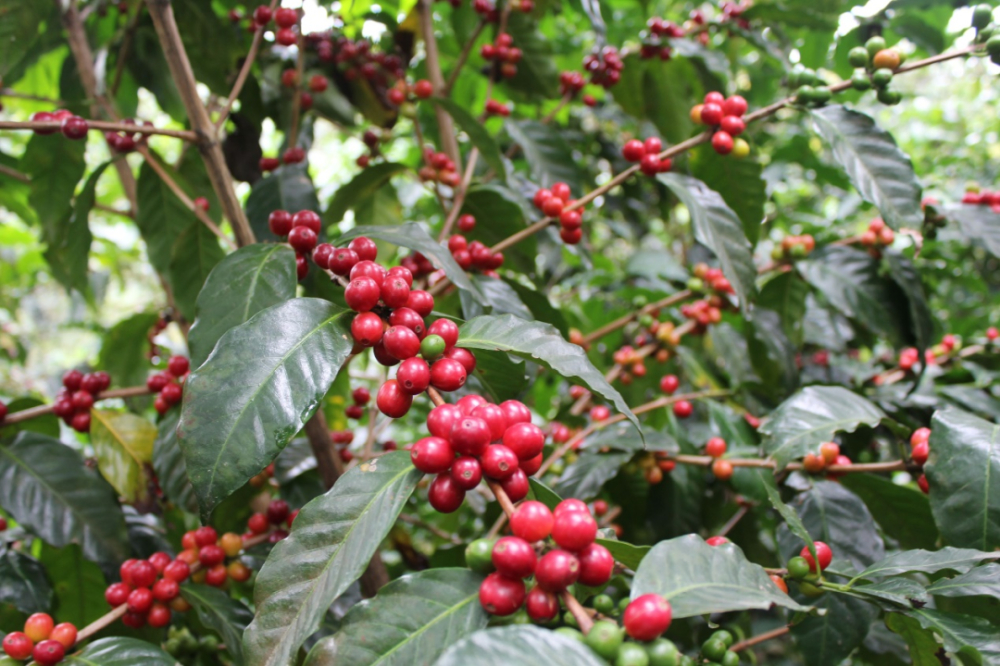
In 1920, 90% of El Salvador's exports were coffee, and by 1970, El Salvador became the fourth largest coffee producer in the world. Unfortunately, El Salvador's status as an agricultural power was destroyed by the civil war of 1979-92.
In terms of coffee, one of the major consequences of the civil war was land reform: the decomposition of many large estates and the redistribution of land to landless workers. Today, 95% of coffee growers in El Salvador grow coffee on less than 20 hectares of land.
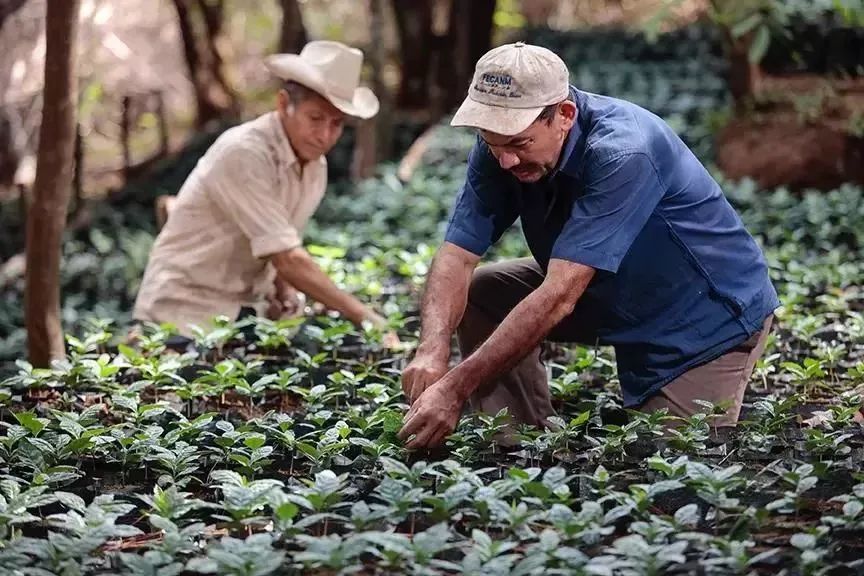
El Salvador's long history as a major coffee producer has played a positive role in today's coffee production. Unlike other countries, the production of boutique coffee requires a lot of additional investment and training, but farmers in El Salvador already have extensive and skilled planting techniques and are enthusiastic about coffee production. Although coffee production in the country is much lower than before, the method of coffee production has shifted from quantity-driven to quality-driven.
A new generation of coffee producers have new production concepts and methods, and many people are trying new coffee varieties and processing methods. The beloved Pacamara and Pacas are from this country, and they often win places in coffee competitions.
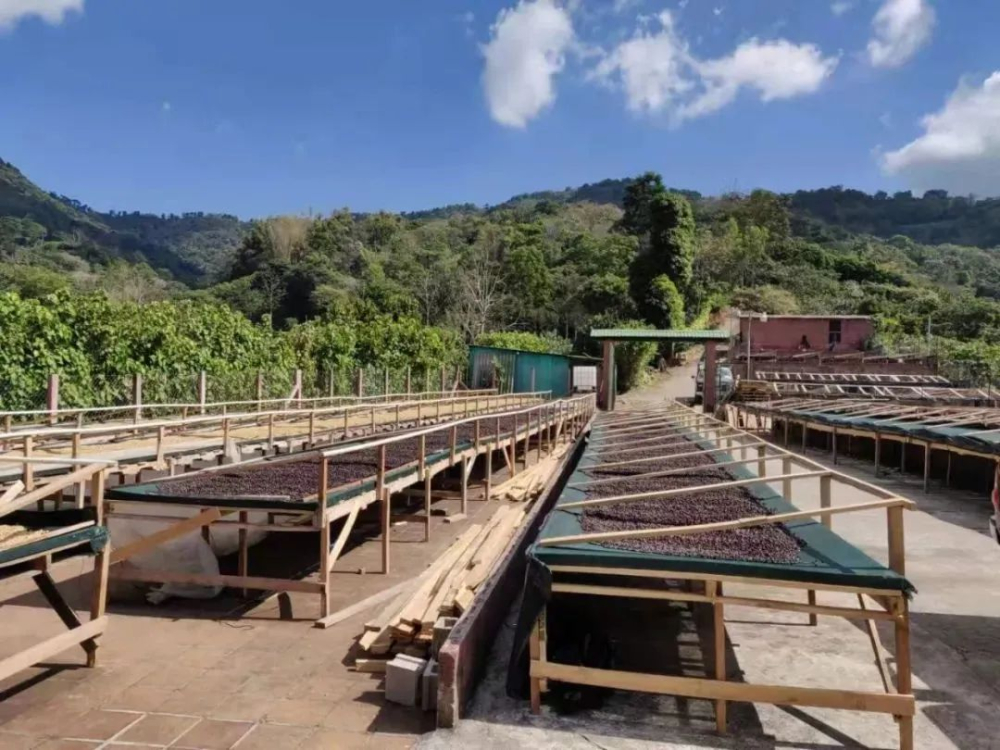
As a result of urbanization, only 11 per cent of the country's territory is now forest, of which 7 per cent are coffee plantations. Although coffee is no longer the main driving force of the country's economic development, it has played a good role in environmental protection. More than 90% of local coffee grows under shade trees, which slows fruit ripening, increases the combination of internal sugars, maintains the diversity of local and migratory wildlife, supports aquifers by storing water, and prevents soil erosion.
Disclaimer: some of the pictures in this article come from the network, and some of the contents of the website, such as pictures, we will respect the origin of the original copyright, but due to the large number, there will be individual pictures and texts not in time to indicate, please forgive me. If the original author has any disputes can contact the website to deal with, once verified, we will immediately correct, by "Ka comment vdailycom" collation and editing, reprint please indicate, this article is intended to spread coffee culture, if infringement, please inform to delete, thank you ~!
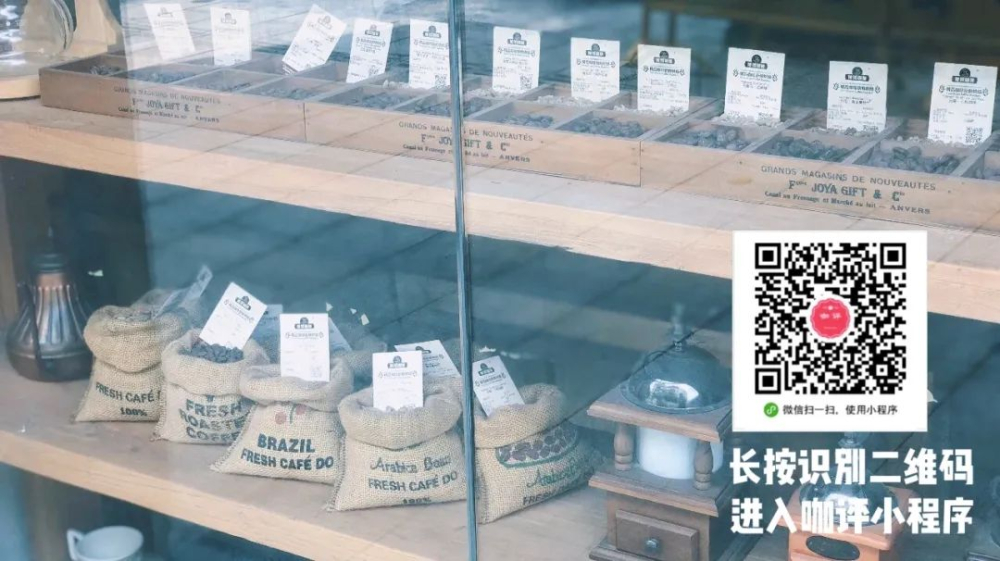
Important Notice :
前街咖啡 FrontStreet Coffee has moved to new addredd:
FrontStreet Coffee Address: 315,Donghua East Road,GuangZhou
Tel:020 38364473
- Prev

What exactly does the golden cup extraction of coffee mean?
The word "Golden Cup extraction" is often quoted in the articles in Qianjie, and some friends will leave messages in the background, asking what this "Golden Cup extraction" means. Gold cup extraction, the so-called gold cup extraction, refers to the concentration and extraction rate of a cup of coffee as a reference to determine whether the cup of coffee has been fully extracted.
- Next

Related
- How did the Salvadoran coffee industry develop in Central America?
- What exactly does the golden cup extraction of coffee mean?
- The Origin of Coffee flower
- [2023 Starbucks World Earth Day] there are more meaningful things besides free Starbucks coffee!
- What kind of coffee is there in Spain? 9 Flavors of Spanish Coffee
- Aromatic African coffee| Kenya's coffee culture and historical production area
- Liberica Coffee Bean knowledge: the characteristics of Liberian Coffee beans of the three original species of Coffee beans
- The origin and formula of Spanish latte introduces the taste characteristics of Bombon coffee in Valencia, Spain.
- How to adjust the solution of over-extracted coffee
- What is the tasting period of coffee beans? What is the period of coffee and beans? How should coffee wake up and raise beans?

